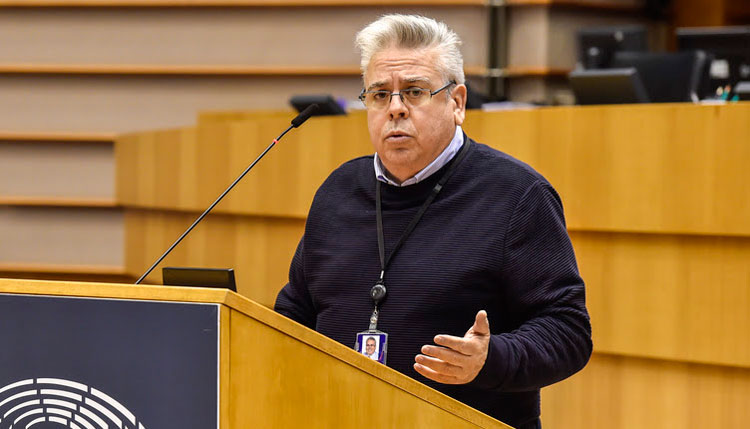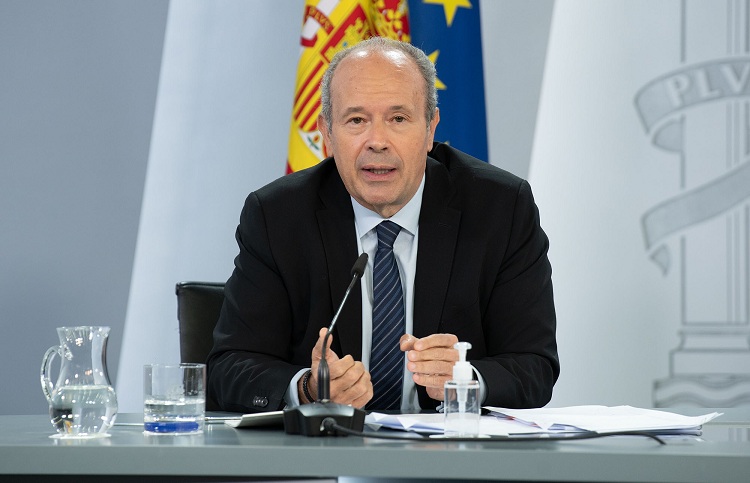The Diplomat
Socialist MEP Nacho Sánchez Amor has proposed to the European Commission to explore the creation of a European Diplomatic Academy, as part of the projects that the European Parliament submits to the Commission to become permanent EU funding programmes.
These projects are first selected in the Parliament, among a large number of initiatives, for pre-assessment by the European Commission. The proposal has been selected as one of two initiatives by the Socialist and Democrat Group that have been submitted to the European Parliament’s Foreign Affairs Committee.
Sánchez Amor proposes that the Commission analyse, within the current framework, the possibilities for the creation of a European Diplomatic Academy, something that does not exist within the Union and which the Extremadura MEP considers would be “a decisive step forward in the maturity of EU foreign policy”.
This proposal forms part of a broader project, which examines horizontal aspects of foreign policy, as well as the instruments and tools for its maturity and development, which will also include studying the professional career in European diplomacy and the EU embassy model. To this end, Sánchez Amor is collaborating with various Spanish experts and academics in the preparation of proposals.
Currently, the EU diplomatic service is composed of expert staff transferred by the Council of the EU, the Commission and the diplomatic services of the EU Member States. With an EU Diplomatic Academy, the EU would be able to train a diplomatic corps with common values and objectives that would better represent and defend the EU’s fundamental principles and interests in the world, according to Mr Sánchez Amor.
He said that such a School would be “an element of maturity in the European External Action Service, which should be autonomous in terms of personnel, making possible a comprehensive European training for its staff from the outset and enabling a real European diplomatic career”.
“This initiative could help to address several of the EU’s multiple foreign policy challenges, and would help to advance the integration, autonomy and unity of the Union, ensuring a strategic culture in this field that would strengthen its capacity as an international actor in line with the ambition of a geopolitical European Commission”.







